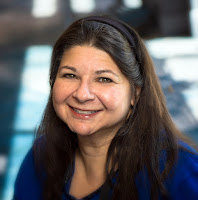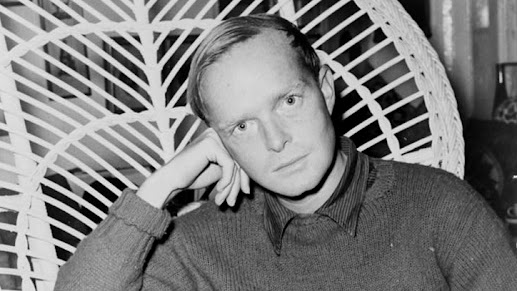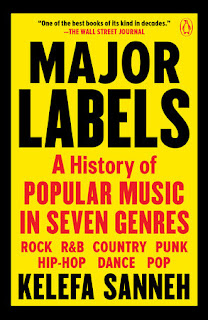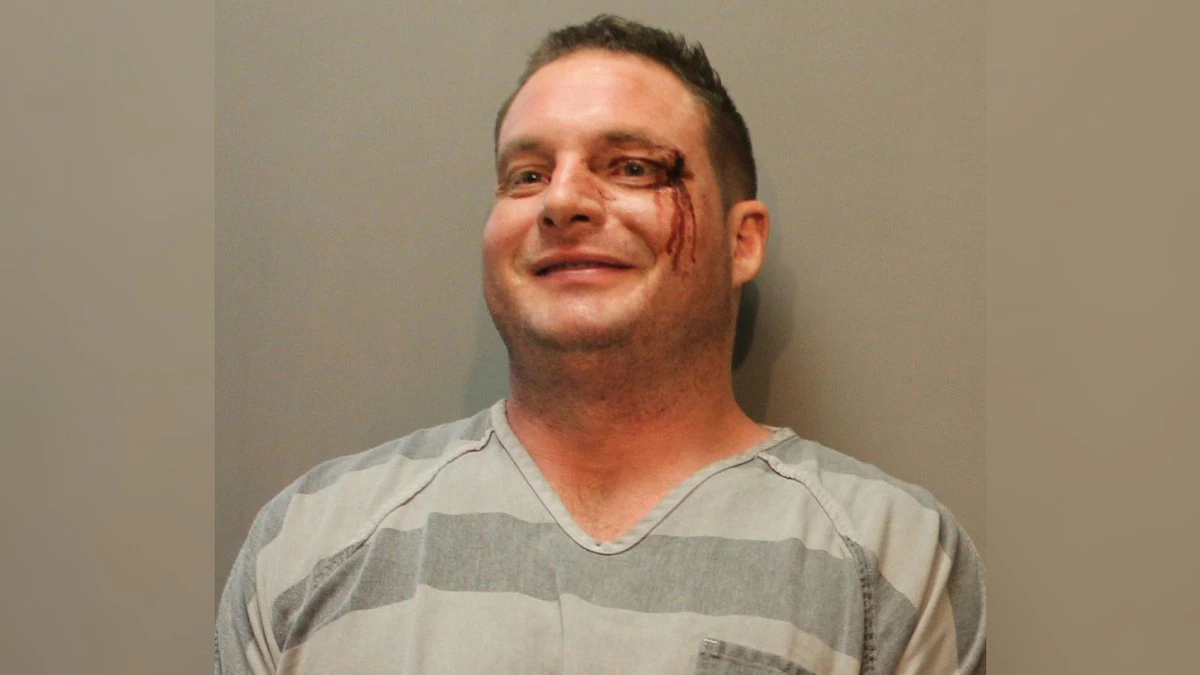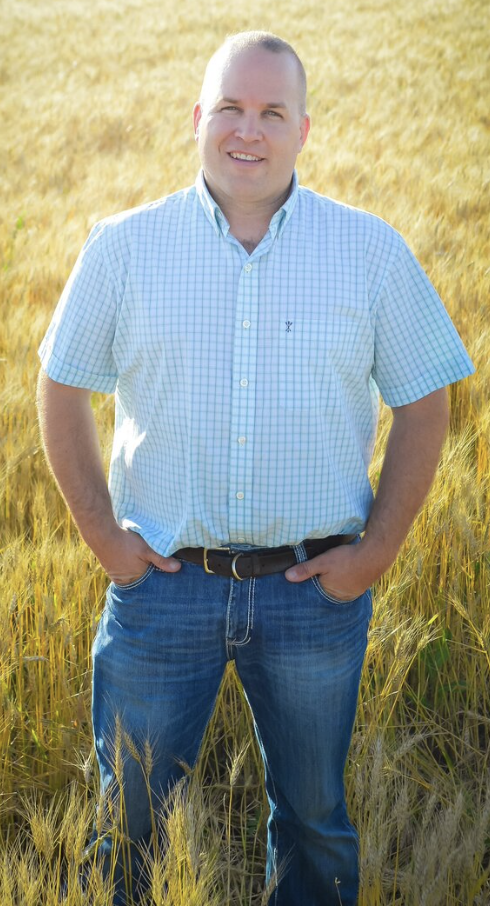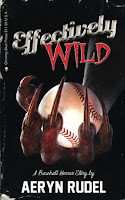This is an updated version of a column I ran seven years ago with public-speaking tips for authors, though I think the advice could apply to most any public speaker.
Every autumn the Chesapeake Chapter of Sisters in Crime runs two programs we call Mystery Author Extravaganzas. Chapter authors who've had new stories or novels published that year can tell the audience about them, and a local bookseller is on hand to sell the authors' works. In November we appear at a library in Ellicott City, Maryland. In December, we appear at a library in Reston, Virginia. These events are free and open to the public, and the libraries promote the heck out of them. They offer the audience a good opportunity to support local authors and a local indie bookstore at the same time. (After all, it is the holiday season, and books make great gifts—for others and yourself!)
For the past two years, the events have been held online, but this year, we're back to meeting in person. We
started having our extravaganzas annually when I was chapter president fifteen years ago. And I've had the pleasure of organizing them nearly
every year since. My experience has taught me a few things about how to
succeed as a speaker, and since our December extravaganza will be this Saturday (keep reading to the end for more details), I figured this would be a good time to share some public-speaking tips:
- Keep it snappy—Hit the high points without going into unnecessary detail. The authors who
keep the audience's attention best are the ones who don't describe all their
characters or drill down into a lot of the plot. They hit the high
points, the exciting stuff, the information you'd find on the back of a
book, and they leave the audience wanting more. For instance, here's the gist of what I'll say this weekend about my story "For Bailey" (from the anthology Low Down Dirty Vote Volume III): If you've ever cursed your neighbors for setting off fireworks, scaring your pets, you'll identify with teenager Jocelyn. Her town's about to vote on a proposed fireworks ban. Fearing it won't pass, she and two friends come up with an unconventional method to encourage one of the councilmembers to vote their way.
- Don't be too brief—This is your chance to talk to readers who are interested in what you have to say, so make sure you go into enough detail to make them think, "Ooh, that sounds good. I want to read that." While you don't have to use all the time allotted to you, don't be so eager to get off the stage that you don't share what makes your story or book interesting.
- Consider if you have interesting backstory to
share, perhaps what prompted you to write your book or an interesting research
tidbit. For instance, my story "Go Big or Go Home" (published this year in the Malice Domestic anthology Mystery Most Diabolical) was inspired by a lot of unsolicited advice I've received on Facebook. In the past I've heard from audience members who enjoyed
learning the story behind the story.
- Don't write a speech and read it. Public speaking can be scary, and writing down what you want to say may help you feel more comfortable. But I've seen
too many authors read their speeches with their heads down, barely
making eye contact. Don't do that. You want to connect with the
audience. So practice at home. Get a feel for what you want to say. If it would be helpful to have notes, bring them, but they should address only the high points, so when you look down, you'll be reminded
of what to talk about, and then you can look up and do it. For
instance, if I were talking about my short story "Five Days to Fitness" (from the anthology Murder in the Mountains) my bullet-point notes might say:
- Title and publication
- Main character, her problem, her solution
- The setting
- It's a whodunit
- If you're considering reading aloud from your book or story, practice doing so. Have someone you trust—someone not afraid to tell you the truth—listen to you read so they can tell you if you're good at it. If you read in an animated fashion, looking up regularly and making eye contact with the audience (see the prior bullet point), great. If you read in a monotone voice without looking up at all, don't read. The last thing you want to do is put your potential readers to sleep.
- Briefly hold up a copy of your book as a focal point. But don't leave it propped up there while you talk. That's distracting, and it might block someone's view of your face. (This applies to panels at conventions too.) The cover of this year's Bouchercon anthology (Land of 10,000 Thrills, which has my story "The Gift") is wonderfully eye-catching, but I wouldn't want the audience to be so distracted by the bloody axe on the cover that they don't listen to what I have to say.
- If you're a funny person, don't be afraid to be funny while you're speaking. But if you're not funny, don't force it. There's nothing worse than someone bombing because he felt the need to come up with a joke. You're there to sell your books and yourself. Do it in the way best suited to your personality.
- Keep in mind how much time you have. If you think you'll fill your
entire allotted time, practice at home so you can be ready to wrap up
when the timer dings. You don't want to hear that ding and know you
never got to talk about the third story you had published this year
because you meandered talking about story number one.
